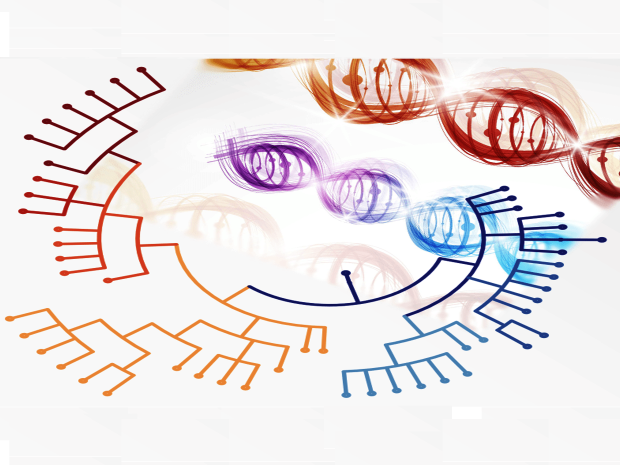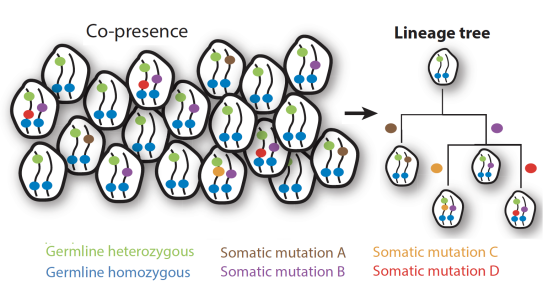Quantification of mutation rates in pediatric brain cancer by ultra-high-fidelity sequencing

Speaker:
Gilad Evrony, MD/PhD
Assistant Professor, Depts. of Pediatrics and Neuroscience & Physiology
Center for Human Genetics & Genomics, NYU Grossman School of Medicine
Abstract:
How does the genome build the brain? Can the genome be used as a molecular tool to study brain development directly in humans? And can newly developed genomics technologies be deployed more rapidly and reliably in clinical medicine? Dr. Evrony’s lab's mission is to develop foundational new technologies to advance neuroscience and human genetics and to help solve diagnostic mysteries in neurology and psychiatry. They aim to accelerate the implementation of genomics in clinical medicine, especially for children with rare undiagnosed diseases. In this talk, Dr. Evrony will focus on the next-generation of single-cell genomics technologies for high-resolution lineage tracing of the human brain. The brain contains hundreds of cell types that develop from diverse progenitors, giving rise to all levels of structure. However, although there are a large number of known mature cell types in the brain, there are only a small number of known progenitor cell types. The lineage relationships among the brain’s progenitors and cell types are also poorly understood, and much of our understanding of brain development is based on animal models. The lack of a complete catalogue of human brain cell types, lineages, and progenitors is a fundamental gap in neuroscience and is due to a major technological limitation. Dr. Evrony’s team is creating multi-omics single-cell technologies for lineage tracing of human tissues with the goal of producing a complete catalogue of the progenitors and cell lineages that form the human brain.
Dr. Evrony received his undergraduate degree in Brain and Cognitive Sciences from MIT, and completed his MD and PhD at Harvard Medical School and Boston Children’s Hospital. His work on new single-cell genomics technologies has been recognized by several awards, including the ‘Eppendorf & Science Magazine Prize for Neurobiology’ and the MIT Technology Review ‘Top Innovators Under 35’ award. He joined NYU after clinical training in Pediatrics at Mount Sinai Hospital, where he co-founded a pediatric Undiagnosed Diseases Program.



